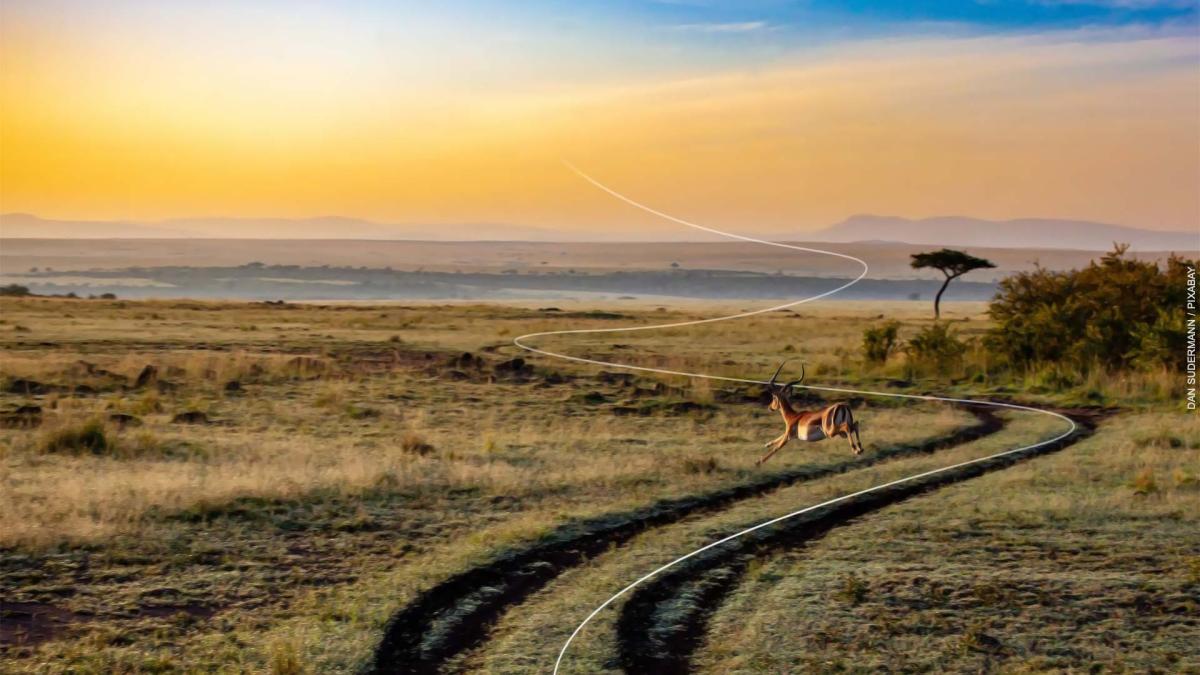Climate Change
Advancing Global Climate Action
Primary TextWe can no longer delay or do the bare minimum to address climate change. This is a global, existential crisis, and we’ll all suffer the consequences if we fail.
Secondary Text— President Joe Biden
Climate change is a threat that sees no borders and can harm us all. Around the world, temperatures and sea levels are rising. From more intense forest fires in California to more prolonged droughts in the Horn of Africa to recurring typhoons in Southeast Asia—much of the world is already experiencing the negative impacts of a changing climate.
Addressing the climate crisis must be a collective effort. The United States is committed to renewing our strong alliance in the effort to deal with the climate crisis and cooperating with our global partners to strengthen our climate ambition.
Climate change is not just an existential threat, it is currently threatening development progress and exacerbating global inequities; increasing water and food scarcity, the need for humanitarian assistance, and displacement; and contributing to conflict.
USAID plays a vital role in mitigating climate change and addressing its impacts by partnering with more than 45 countries to implement ambitious emissions reduction measures, protect critical ecosystems, transition to renewable energy, build resilience against the impacts of climate change, and promote the flow of capital toward climate-positive investments. We are also integrating climate considerations across USAID’s portfolio to protect development progress.
We have a narrow moment to pursue action in order to protect our environment and to seize the opportunity that tackling climate change presents. Together we can make a difference for a healthier and more prosperous planet.
Key Issues
Energy
Supporting the transition to renewable energy and improving energy efficiency to reduce emissions and improve energy access.
Forests
Reducing emissions by combating deforestation and improving conservation and management of carbon-rich forests and landscapes.
Safety
Helping communities and countries better prepare for, respond to, and recover from climate-related disasters.
Food
Strengthening global food and nutrition security by advancing climate-smart agriculture and increased resilience to droughts, rising temperatures, and changing rainfall patterns.
Water
Helping people and economies deliver climate-resilient drinking water and sanitation, and manage water resources to cope with growing scarcity. And protecting our oceans by limiting climate impacts and addressing other critical threats, like ocean plastic pollution.
Air
Reducing greenhouse gas emissions and air pollutants which in turn improves public health, reduces poverty and inequality, and lessens climate change impacts.







